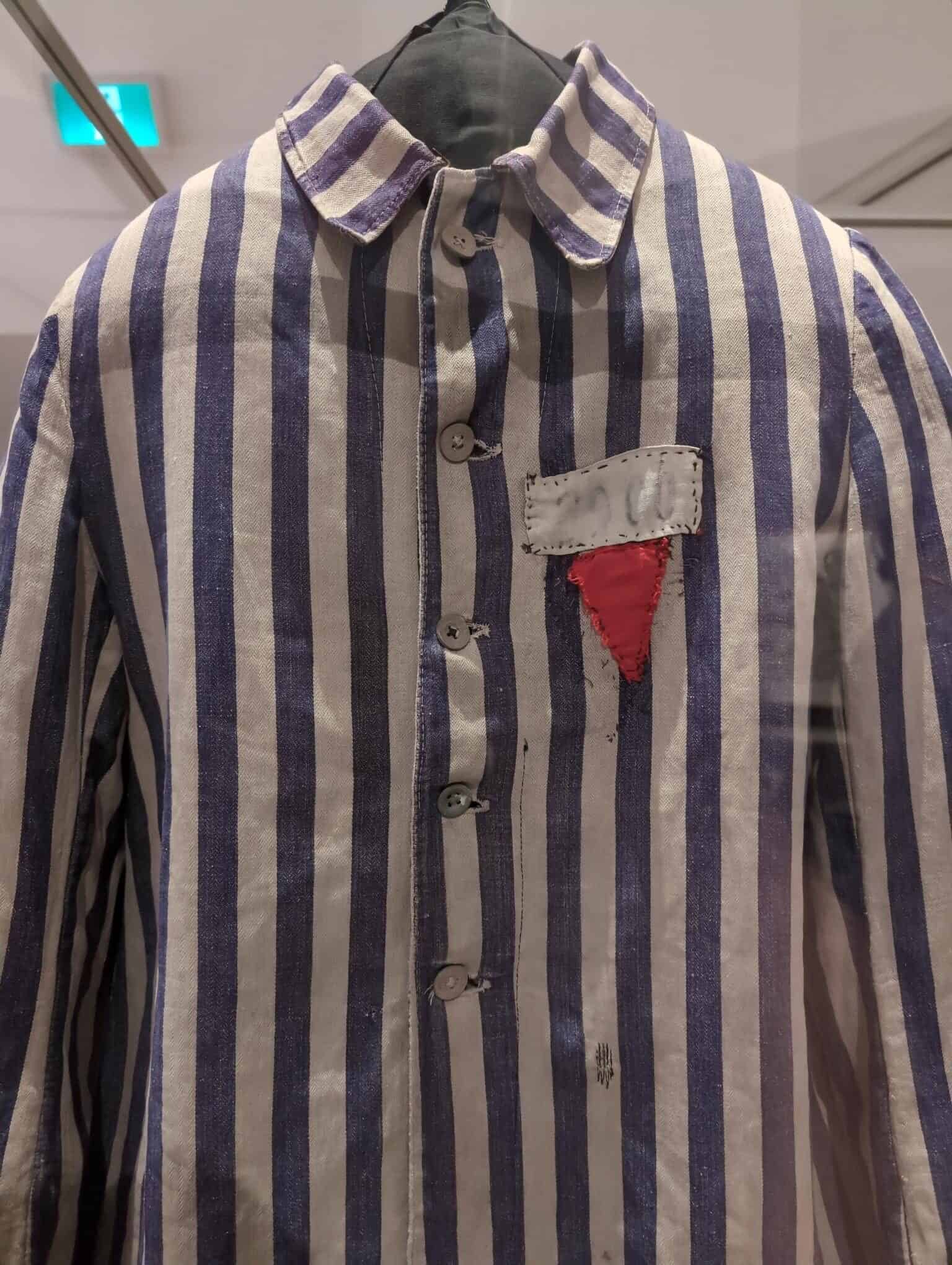Recently, I had the privilege of seeing the Auschwitz exhibit at the Royal Ontario Museum. For those near Toronto, I would highly suggest going to see it, although it’s not especially pleasant, nor should it be! There were a lot of things—horrible, damnable things—that stuck with me, but the strangest, which I never would have expected in a million years, was the prisoners’ name for the storage shed where all their belongings were kept. These were belongings that had been confiscated from them upon their arrival, the few and modest possessions that many of them had after years of persecution under the Nazi regime. Piled up in this storage shed, they called it “Kanada”, since it was a “bountiful” place that also felt very far away.
While there a very few, if any, places that are more unpleasant than a concentration camp, it was interesting that our country was the one they thought of as a kind of paradise. Of course, there were many people before, during, and after the war who left Europe to make their home here, in Canada, where there was plenty to go around. That’s not to say it was easy. For many of them, it was hard. This is true for those who immigrate here today as well. Many of them, particularly those from the “global south”, make great sacrifices and take on incredible debts to live here. And one would hope, given what Auschwitz prisoners seemed to think, that we are every bit as plentiful and charitable as they would have thought. That they thought of us as that kind of promised land, so far away from their suffering, should inspire us, it should serve us as something to aspire to. And to our credit, we have tried in recent years, particularly with our developing identity as a multicultural or post-national state.
Nevertheless, while it would be pleasant to think of ourselves in this way, there is more to the metaphor than what’s been said so far. Ours is a country with many problems, particularly amid rising wealth inequality and affordability crises. There are now so many, both native and foreign born citizens, for whom the promises of “Kanada” is out of reach. Whether by class, opportunities, racism, sexism, discrimination, education, or a whole host of factors—yes, even their own decisions—many people find themselves excluded, with little grace from the broader society or opportunities for redemption. No doubt, the world can be as unforgiving as it can be cruel. For some, the doors to the shed remain locked. And we should not let these myths of Canada colour our critical self-perception, which serves us well in making this land a better place for everybody.
So, today, as Canada celebrates its unique identity, we should consider the kind of country we would like to be: a promised land, or a locked closet? We’ve been on both sides of the issue before, as is no secret: what this country, among many former colonies, did to the indigenous populations of this land is deeply disturbing and should be rightly condemned as, dare I say, genocidal. Maybe not like Auschwitz, but genocidal nonetheless. That is an uncomfortable statement to make on today of all days, but it needs to be said. And going forward, how are we to reconcile ourselves with what was and what we can be? Ultimately, whatever the solution is, it must start with all of us Canadians. We must choose our values, and choose them well, or else we run the risk of being more like the “Kanada” of Auschwitz than we think.

Leave a Reply